Road to Glory, The (1936)
“I left you with a wounded man on a wire, and you leave me with a mine to sit on.”
|
Synopsis: |
|
Genres:
Review: Unfortunately, this film’s two primary sub-plots — the love triangle between March, Lang, and Baxter: … and the challenges of Baxter commanding his aged father: … aren’t all that compelling, but there are some incredibly intense battle scenes (i.e., the French squadron listening as an explosive-filled tunnel is built above their heads) that make it worth a one-time look by those interested in movies from and of this era. Interestingly, Hawks’ first feature-length film was also titled The Road to Glory (1926), though it appears to have an entirely different plot and not be related in any way. Redeeming Qualities and Moments: Must See? Links: |
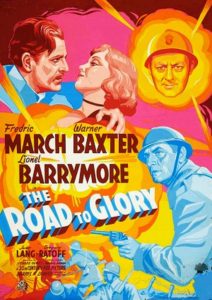
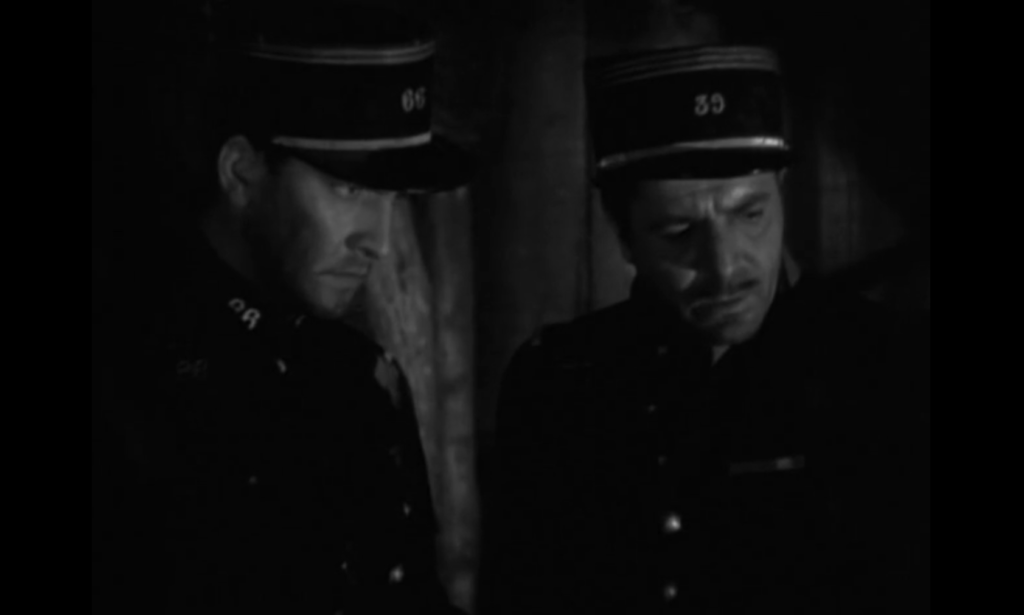
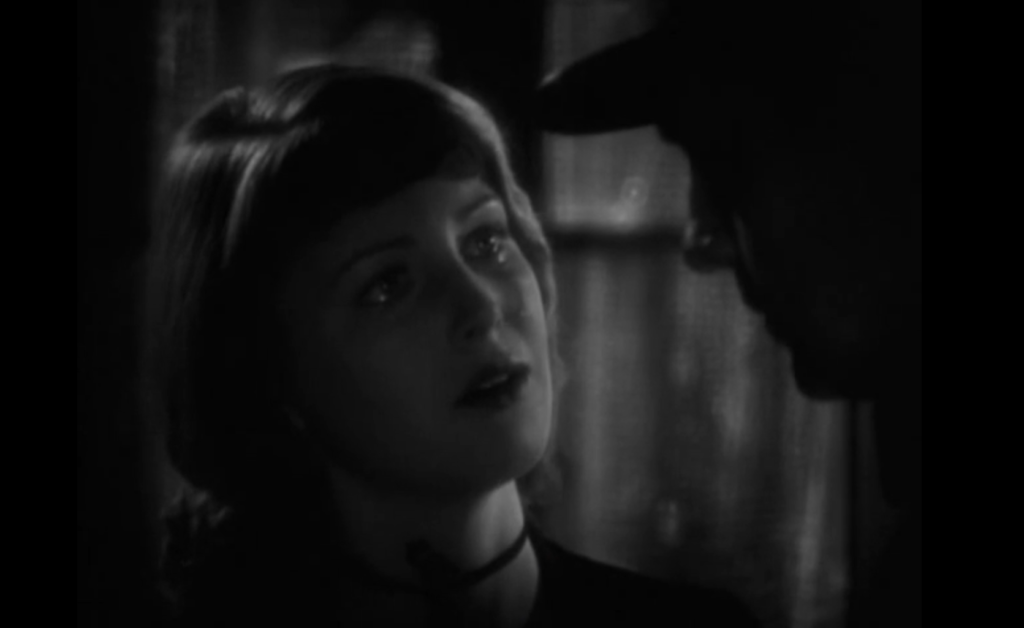
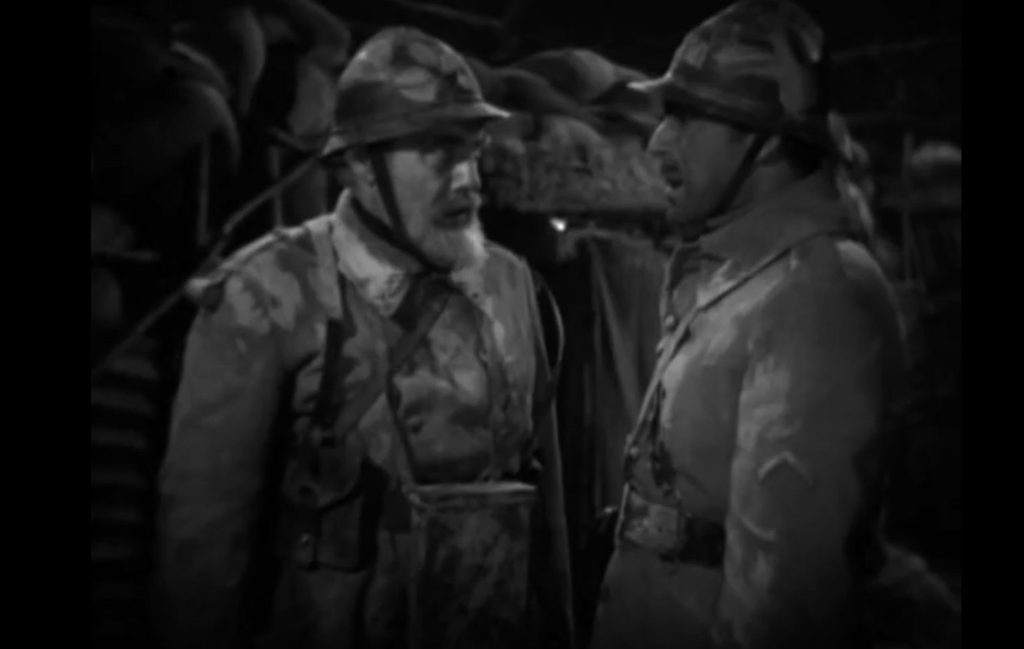
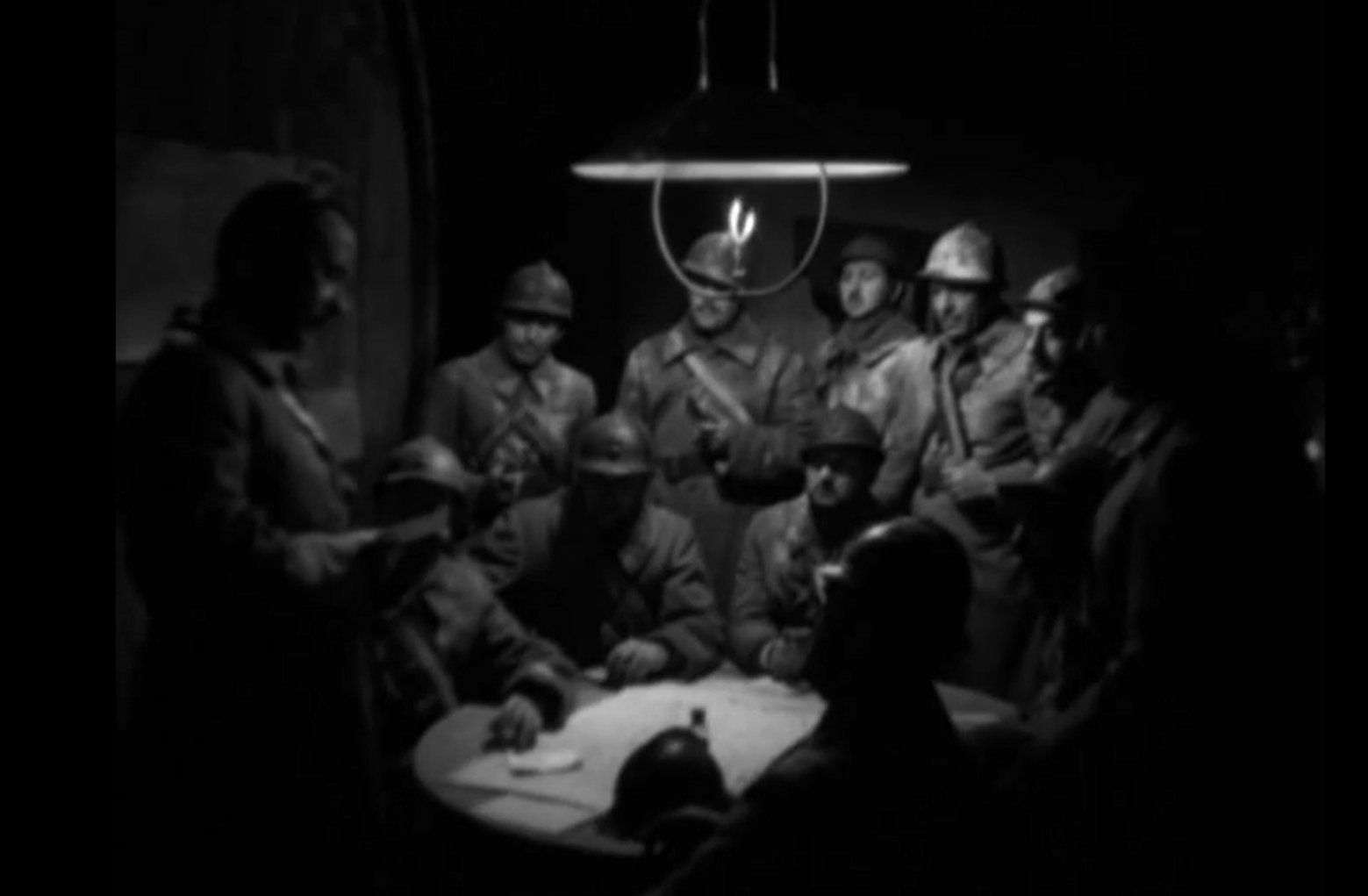
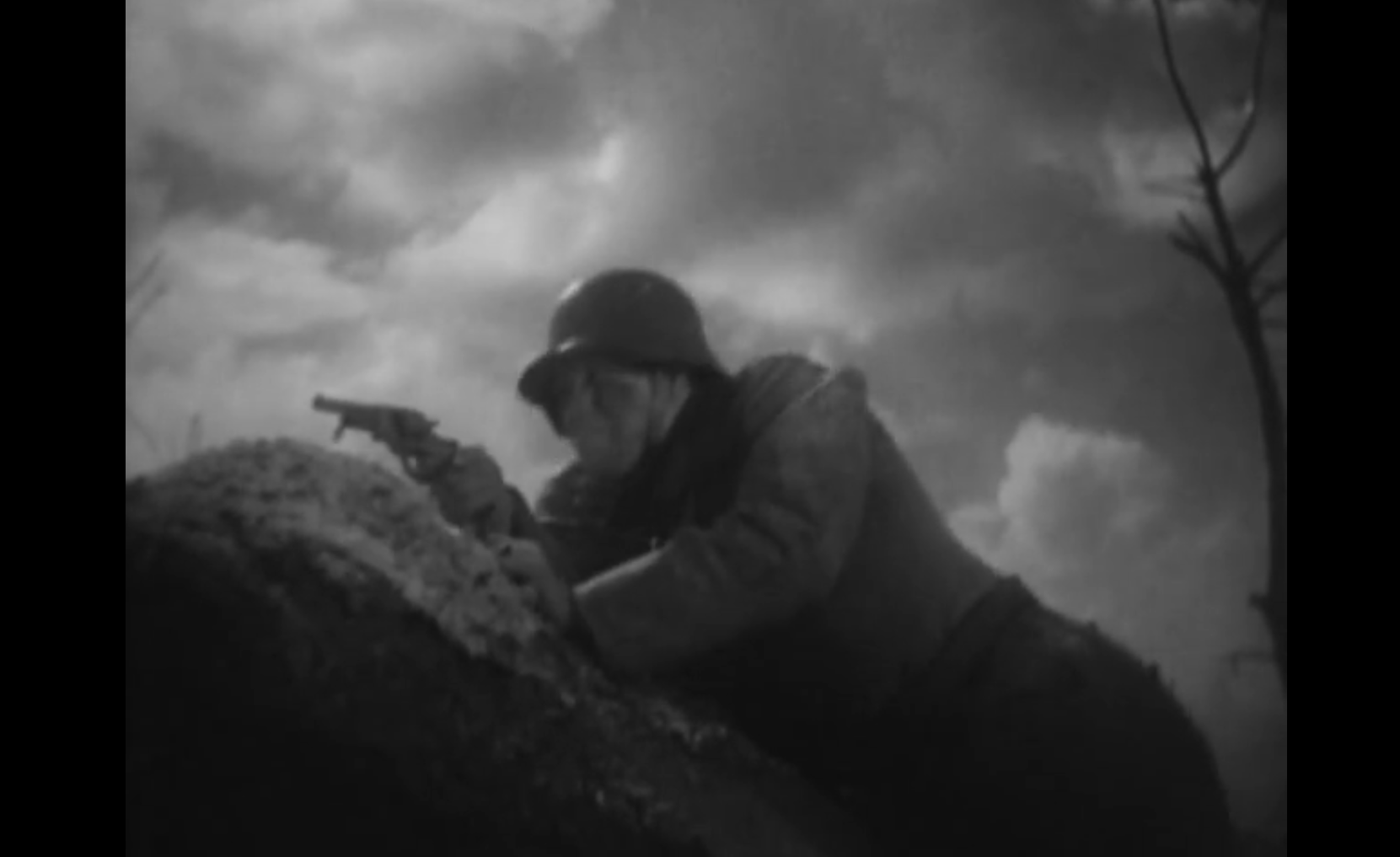
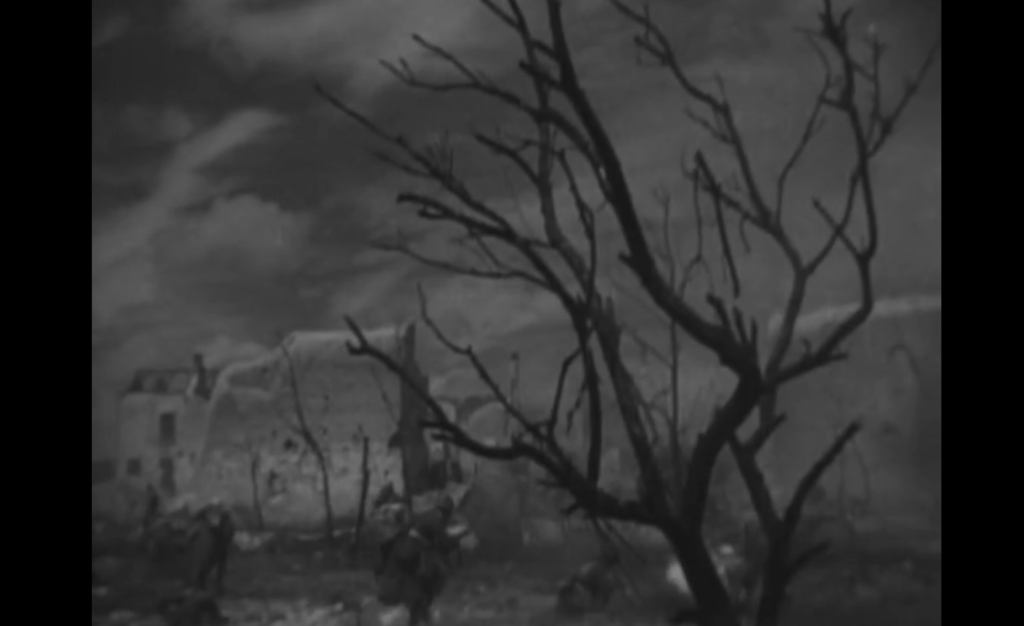
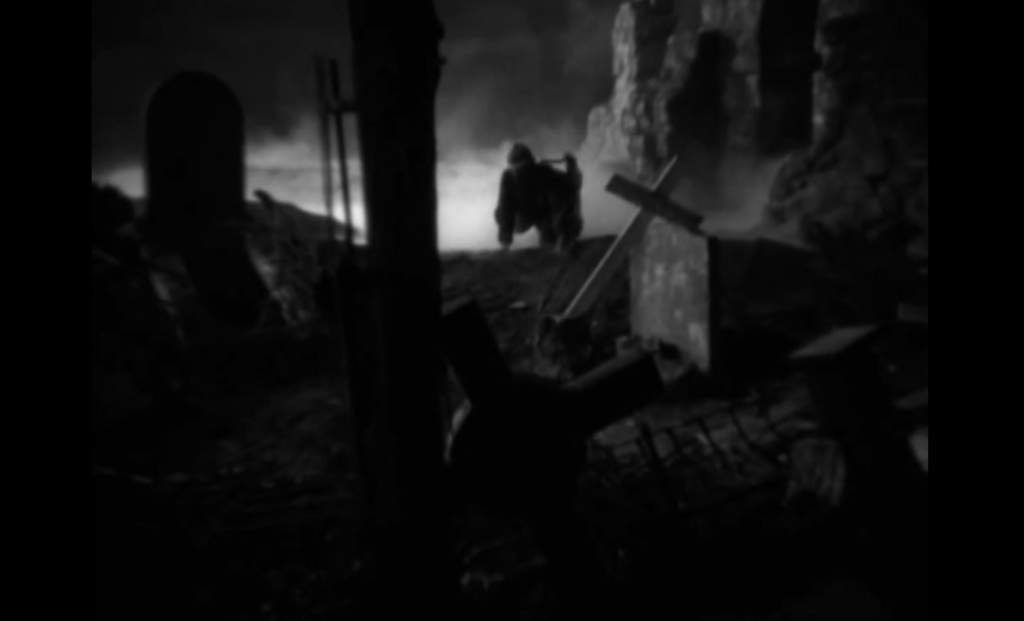
One thought on “Road to Glory, The (1936)”
First viewing. Not must-see but it has value esp. for those interested in war dramas. It’s notable for its mood (DP Gregg Toland), atmosphere (production design) and a few well-handled battle sequences (esp. one extended one).
Whenever I notice William Faulkner being given a writing credit, I think of ‘Barton Fink’. 😉